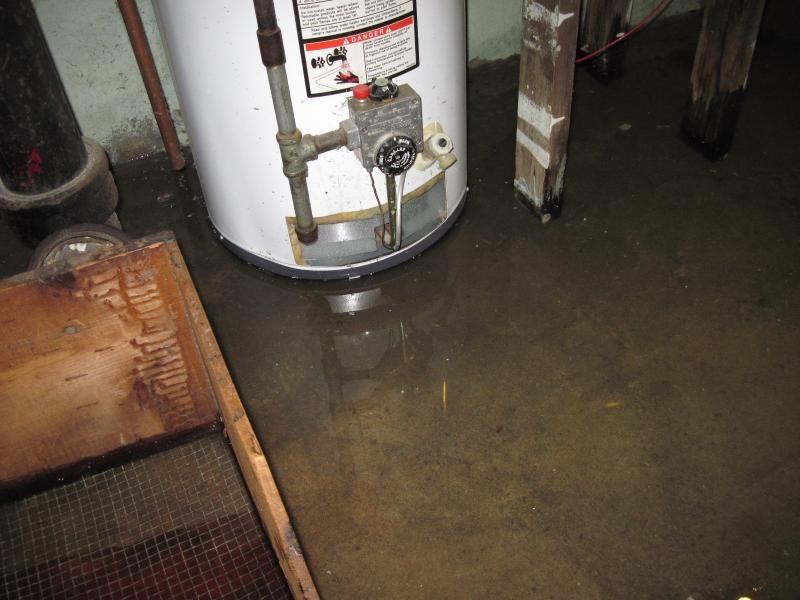The bags may be packed and hotels booked. You have cash, health insurance, a map and an Internet data plan. You even have your swim suit but you may not be good to go until you check your home insurance plan. It’s imperative that you check with your insurer to make sure damages will be covered in the event of unforeseen emergencies like a burst hot water tank, ice damming on the roof or a shutdown furnace. Many travellers install a variety of home security devices before they leave home, including video cameras and door locks that may be opened from your phone. Those technical systems may alert you to a break and enter through windows or doors and some will send an alert if there are changes in temperature and humidity. They still may not be enough to protect you from an insurer’s point of view. Most insurance policies will have a clause stating that if a property is left vacant, a competent person must check the premises on a regular basis. Some insurers stipulate that the home must be checked daily. Others allow for every other day checks. “You may have a Smartphone connection, but how is it connected? How is it monitoring the property? If there is a basement window broken, and pipes freeze in the basement, will it send an alarm?” asked Rob dePruis, director of the Insurance Bureau of Canada consumer relations department in Edmonton. “It may be your insurer will still require that a person checks your home, but if you have security systems in place, some companies will discount the cost of your insurance,” de Pruis said. Homeowners tend to focus on the possibility of break-ins, but Mark Hoskins, owner of Savior Security Systems, notes that high costs will be associated with repairing frozen pipes if your furnace breaks down. Hoskins stressed that a security system is only part of what’s needed to protect you in the event of home emergencies while you are travelling. “You still need to give someone access to your house if you are away. You could be out of cellphone connection. You could miss the alert. You need someone here on standby, who will also be notified if something goes wrong,” Hoskins said. Hoskins admitted that a few years ago, he got caught short when his hot water heater burst when he was at work. The alarm system he had then did not send an alert. “The sensor has to be down low enough – ¼ inch off the ground – so as soon as it gets wet, it goes off. Some people put them in their sump pumps and if the water rises, they are notified,” he said. Hoskins advises people to ask some tough questions before they set up a monitoring system. “You know your own property. Do you want a video camera on your front door only or also on the garage door? Ask whether your security system will alert you if something is wrong with the furnace, the water in your basement and in the garage. Make sure you know what will be protected so your home is safe,” Hoskins said.



